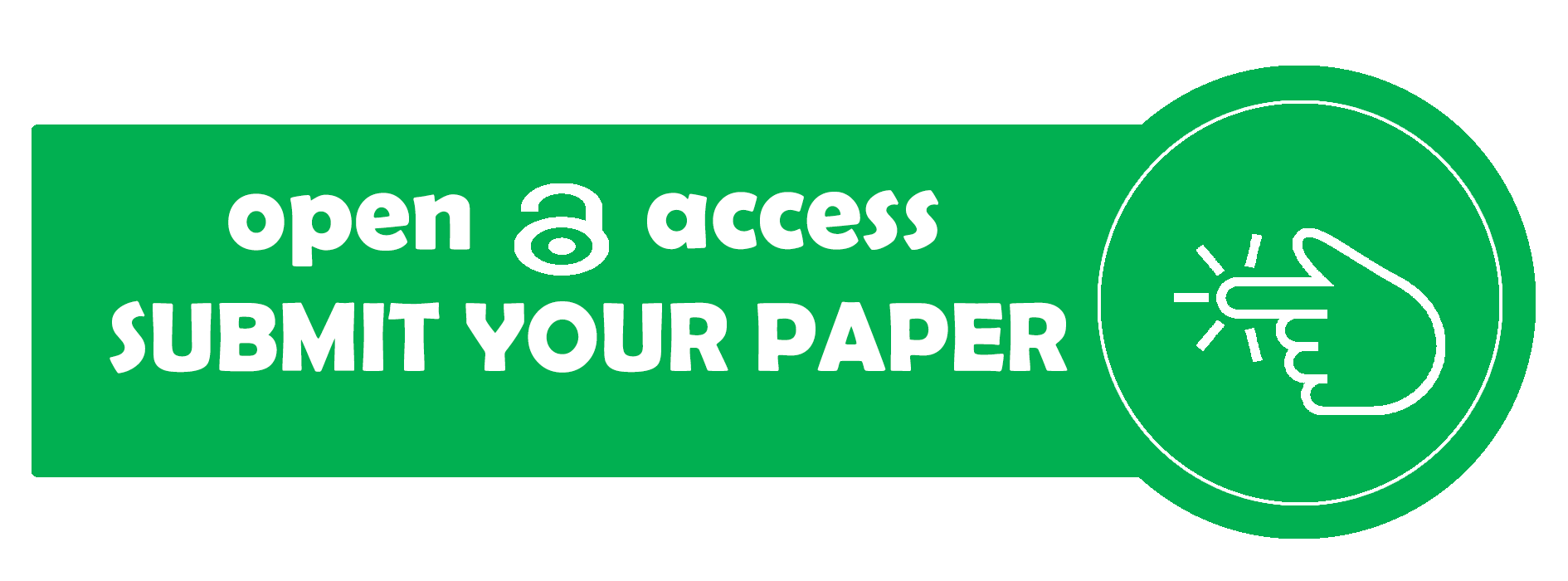Publications Ethics
To maintain the quality of manuscripts and avoid violations in the publishing process, the editorial board determines scientific publication ethics. The rules of publication ethics apply to writers / authors, editors, peer reviewers, and journal managers / editors. The publication ethics refers to The Committee on Publication Ethics (COPE).
Publication and Authorship
All persons listed as authors should qualify for authorship. Such authorship should be limited to persons who have contributed significantly to the conception, design, execution, data acquisition, data analysis or interpretation of the manuscript. All other persons who have participated in certain important aspects of the research but do not qualify as authors, then they should be acknowledged. Authorship is the responsibility of the corresponding author; he or she should ensure that all appropriate co-authors are included in the manuscript. Request to add or remove author(s) or to arrange the author names of the accepted manuscript before it is published, must be sent to Chief Editor.
Responsibilities of Authors
The authors are obliged to follow in the peer review process set by Teknika. Authors are responsible to provide original and accurate data (no plagiarism, no fraudulent data) concerning the manuscript submitted, and to provide the data when they are requested. The submitted manuscript should not be under consideration or accepted for publication elsewhere. Where parts of the data have been published elsewhere, the sources have to be acknowledged or cited accordingly. When reproducing data from other sources, proper citation and permission are required. All sources of financial support for the research project and study sponsor(s) (if any) along with their role in the research or study, should be disclosed in the Acknowledgement. Authors are requested to be willing to publish corrections, clarifications, retractions, and apologies when needed.
Responsibilities of Reviewers
Reviewers are requested to assist in improving the quality of the manuscript through an objective review process within a scheduled period of time and to contribute to the decision-making process on the manuscript. If reviewers find any published or submitted content similar to that under review, the editor has to be informed. Reviewers should have no conflict of interest with respect to the research, the authors and or the research funders. Any confidentiality of the information supplied by the editor or author should be maintained.
Responsibilities of Editors
Editors have complete responsibility and authority to accept or reject an article. They should have no conflict of interest with regard to articles they accept or reject. Editors should be objective and fair when conducting their duties without making any discrimination on gender, ethnic, religion, political view or geographical origin of the authors. Editors should also accept manuscripts on the basis of academic merit and without commercial influence. The anonymity of reviewers should be preserved by editors.
Publishing Ethics Issues
Authors, reviewers, and editors should maintain the integrity of the academic record during the whole process of publication. Business needs should be precluded from compromising intellectual and ethical standards.
Confidentiality
The editor and any editorial staff must not disclose any information about a submitted manuscript to anyone other than the corresponding author, reviewers, potential reviewers, other editorial advisers, and the publisher, as appropriate.




